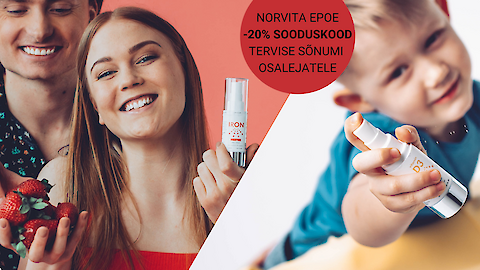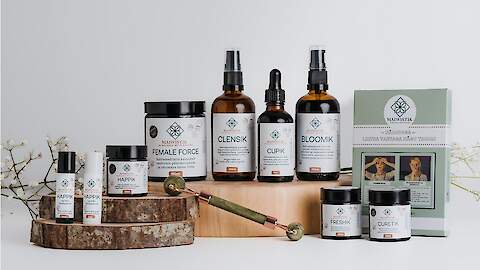- Read and watch
- It sneaks in from here and it sneaks out from there - how to protect your skin from the cold?
It sneaks in from here and it sneaks out from there - how to protect your skin from the cold?
When exposed to harsh winter weather, skin can become dry, irritated or even cracked. Skin conditions such as psoriasis, eczema and dermatitis can be exacerbated by the weather. It's clear that our dry skin needs extra hydration in winter, so it's worth reviewing your skincare stock.

Protect your skin from the cold
Good, warm clothing protects the skin, but we often fail to protect our faces. You'd think that indoors would be better and nothing to worry about, but constantly running heaters suck every last bit of moisture out of the air and that's not good for your skin either. Add to this the fluctuating temperatures both indoors and outdoors..
Another thing to watch out for is that showers and baths in warm water should be as short as possible. Hot water strips the body of its natural oils, and the longer we spend in the water, the worse we put our skin. It also gives a 'pulling' sensation after washing, which I'm sure many of you are familiar with. Also, after washing, you could always cover your body with a body oil or body butter that does not contain water. However, finishing your shower and bath with cold water is an effective way to improve circulation and overall skin condition.
Dry skin and oils according to their properties
Oil-based products should be used for your winter skin routine, as they provide a protective layer and keep moisture in the cell and toxins out. Thanks to the oil, the skin's moisture cannot escape through the pores.
Many oils also have anti-inflammatory properties to help soothe irritated skin. Herbal face or body oils are particularly good, as they contain not only the base oil but also the supporting properties of the herbs.
There may be a case where the argument arises that the skin will remain oily, but it should be borne in mind that the oil or wax product should usually be taken in smaller quantities, as it will be used less than a cream. It is true, however, that the absorption time is a little longer for an oil product, and make-up lovers will have a slightly longer beauty treatment time as a result.
Attention should also be paid to the fact that the types of oil have different molecular weights and slightly different properties, some absorb faster and some more slowly.
When using an ointment, a product based on beeswax should be preferred. This wax carries anti-inflammatory properties, which are important in fighting cracked skin and bacterial infections. In addition, beeswax contains vitamin A, which has been proven in several studies to reduce the signs of ageing while moisturising and regenerating damaged skin cells.

Dry skin and plants, what is good for skin in winter and how to use them?
You could also make sure your body is getting enough omega-3 fatty acids and vitamin D, which are also very important skin supporters. Also vitamin C, which is abundant in local berries such as rosehip, rowan, blackcurrant, cantaloupe and the thorns of evergreen trees.
Shamrock or Curetik is a very good supporter of dry and itchy skin. Ointments reduce inflammation, speed up skin recovery and are safe for children.
Feminine Red Oil is a great skin supporter, but also for more serious concerns such as cold sores or shingles. The darker the red colour of the oil, the stronger its effects.
Tea tree oil or ointment is good for everyday skin problems. It also speeds up the healing of wounds. Here we might briefly wonder why it grows almost everywhere? We need it for skin care!

Tips for winter skin care:
- Moisturise your skin at least twice a day.
- When going hiking or doing winter sports, keep a bottle of moisturising ointment handy.
- Make sure you get enough omega-3 fatty acids and vitamins D and C. When travelling or going on a long trip, take a pack of moisturising packs.
- Don't forget to look after your cuticles too!
























